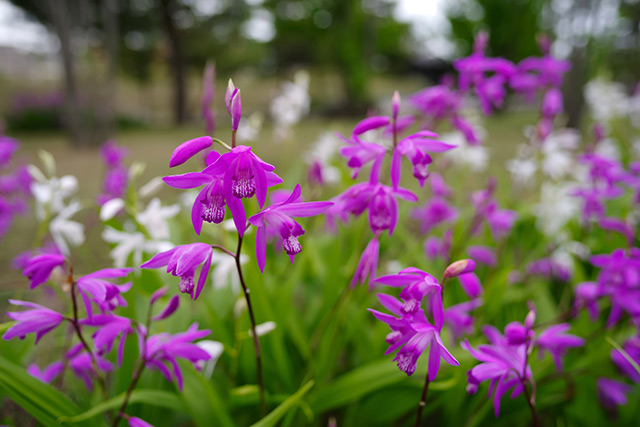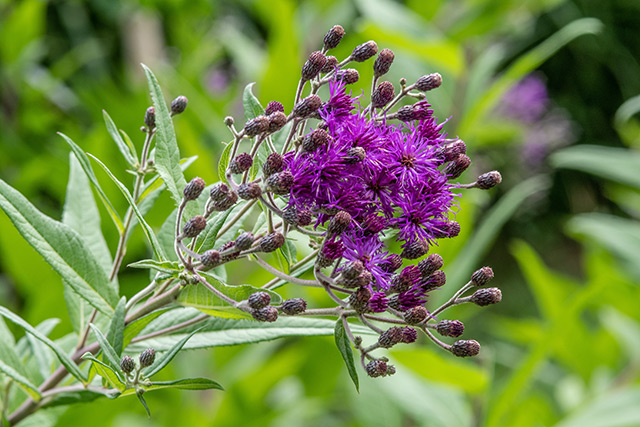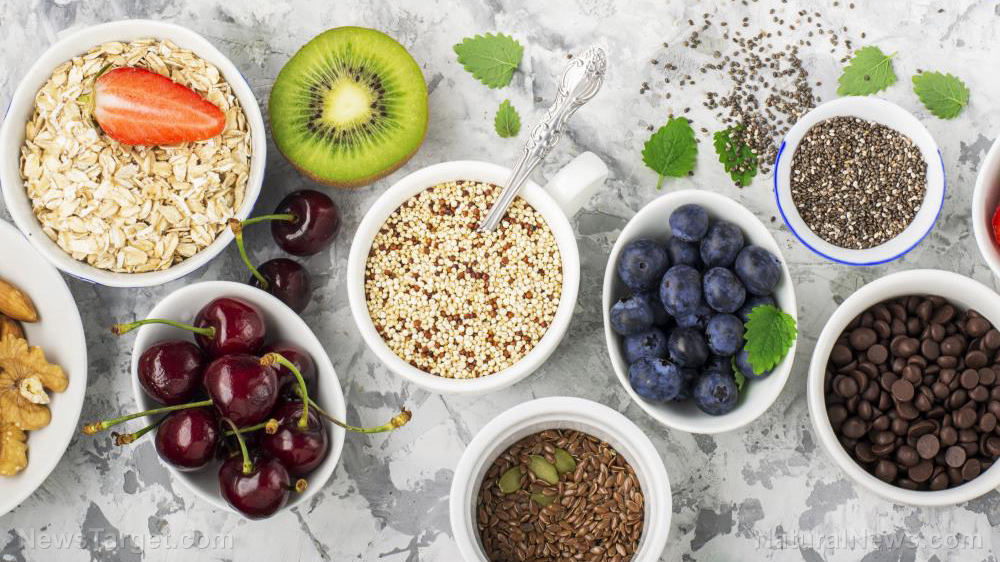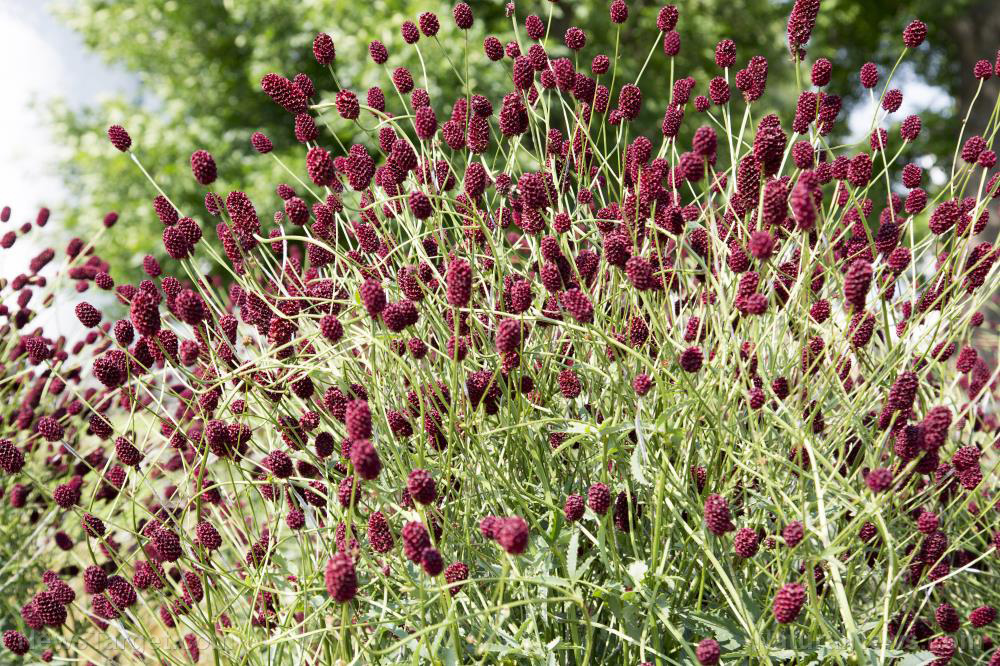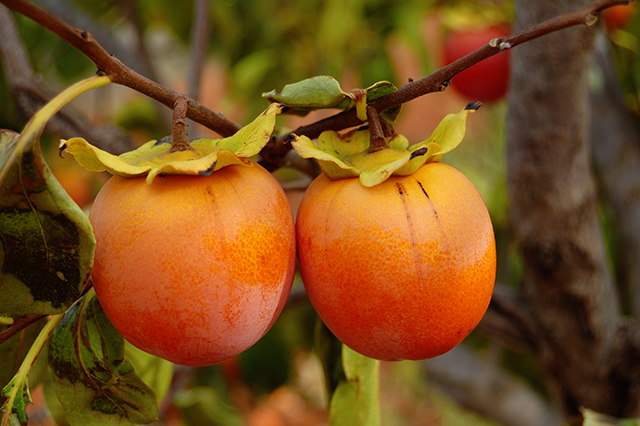Korean traditional medicine validated to be an effective anti-inflammatory agent
01/25/2019 / By Ellaine Castillo
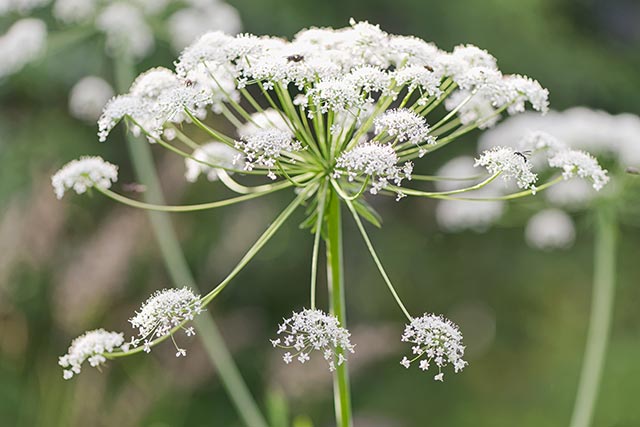
Too much of anything is bad, even if that something is good for you. Take inflammation, for instance. It’s one of the body’s earliest defense reactions to pathogens. But too much of it requires immediate treatment, otherwise it can damage other organs. While conventional treatments are available, these aren’t without risk and can be harmful to a person’s health. This is the reason many people are choosing natural remedies to reduce inflammation. Cow parsley (Anthriscus sylvestris (L.) Hoffm.) is one of the herbs that has shown potential use as an anti-inflammatory agent.
Inflammation signals the start of the healing process, but it can do more harm than good if it lingers. The condition, known as chronic inflammation, happens when the body can’t get rid of the cause. It also occurs when the body mistakes itself as a pathogen and starts attacking. In the long run, it could even result in severe diseases like cancer, rheumatoid arthritis, and atherosclerosis. Unfortunately, the drugs used to treat inflammation have their own adverse effects. For instance, non-steroidal anti-inflammatory drugs (NSAIDs), is a common medicine for inflammation. However, it’s associated with side effects such as ulcers, strokes, and heart attacks. This has prompted people to use herbal remedies instead.
Cow parsley is a herb that is native to Europe, Korea, and New Zealand. Many people think the plant is poisonous, given how it resembles hemlock; however, it can be used in both food and medicine. Traditional healers use the roots to treat coughs, but it’s unclear whether the other parts of the plant contain health benefits.
The study, which appeared in the Journal of Medicinal Food, looked at the potential anti-inflammatory activity of extracts from cow parsley leaves through in vivo and in vitro experiments. In vitro assessments showed that the extracts reduced the concentration of chemicals and enzymes involved in the pro-inflammatory pathways nuclear factor kappa-light-chain-enhancer of activated B cells (NF-kappa B) and mitogen-activated protein kinases (MAPK).
The in vivo anti-inflammatory activity of the cow parsley leaf extracts was evaluated in rats. Researchers orally administered the extracts to rats that were induced to exhibit paw inflammation using carrageenan. They then observed that treated rats were able to inhibit inflammation in a dose-dependent manner.
The results show that cow parsley leaf extracts can be used as a natural remedy for chronic inflammation. It also indicates that a potential mechanism behind this biological activity involves the dose-dependent inhibition of NF-kappa B and MAPK pathways. With further studies, cow parsley can be developed into a natural alternative for harmful anti-inflammatory drugs. (Related: Don’t take ibuprofen during pregnancy, especially if you’re having a boy: Research shows it suppresses testosterone and disrupts male development.)
Anti-inflammatory foods
Foods are very useful when it comes to reducing inflammation. Examples of anti-inflammatory foods include the following:
- Acai berry — This delicious fruit is a potent antioxidant. It also has the ability to reduce inflammation. Many people also eat this to speed up the body’s metabolism, which can be beneficial for weight control.
- Cruciferous vegetables — This vegetable family includes kale, cabbage, and Brussels sprouts. Many studies have shown that these leafy greens are packed with nutrients that reduce inflammation.
- Ginger — A compound found in ginger called 6-gingers has analgesic and anti-inflammatory properties. These can be useful for those with arthritis and migraines.
Sources include:
Tagged Under: Anthriscus sylvestris, anti-inflammatory, cow parsley, herbal medicine, Herbs, inflammation, Korean medicine, MAPK pathway, NFkB pathway, Traditional Korean Medicine, traditional medicine

